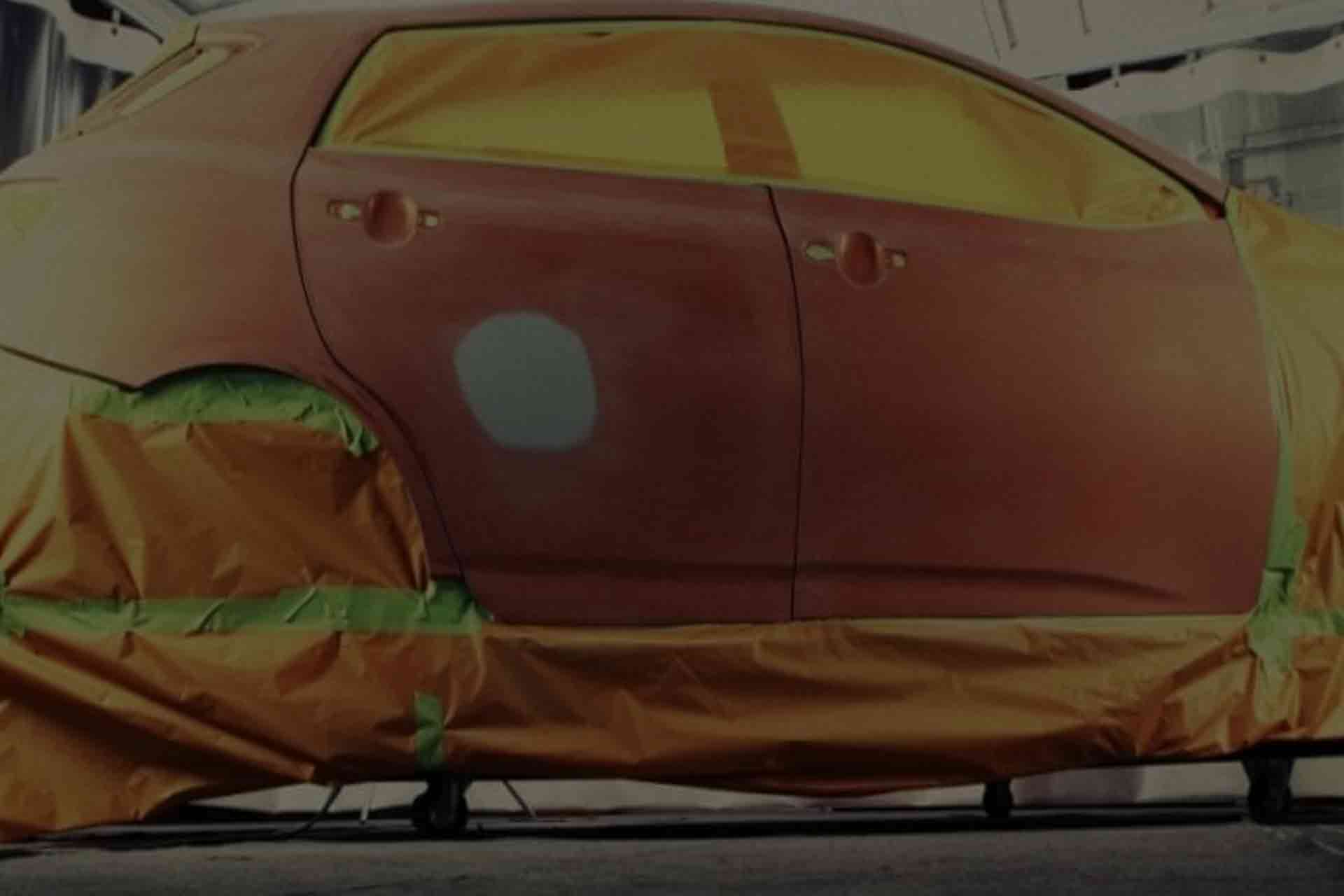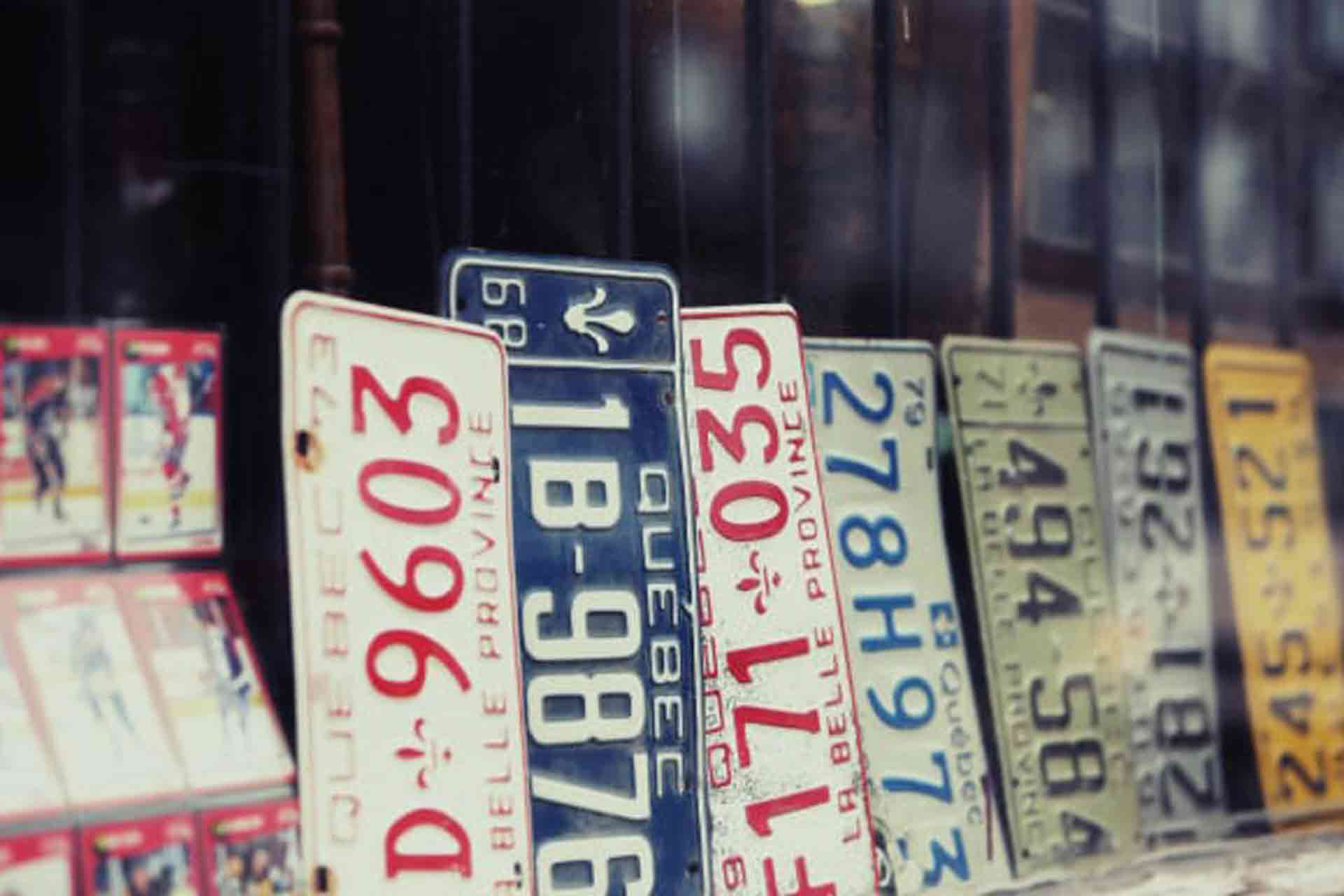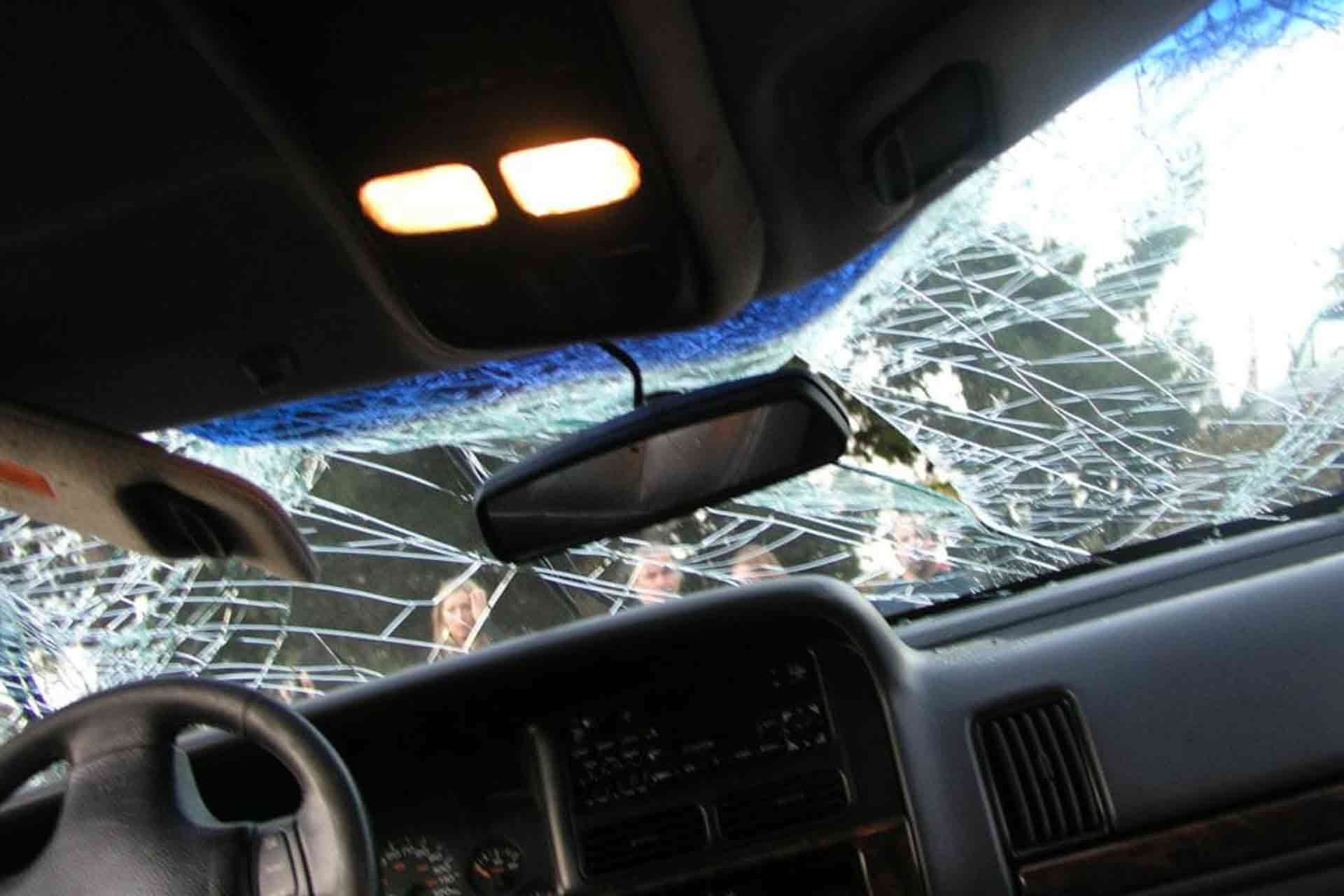In the small world of automobile claims, there’s new buzz surrounding California Diminished Value law and the recent changes in California Jury Instructions regarding property damage to automobiles.
The changes came in response to one attorney’s relentless pursuit of justice. Attorney Montie S. Day refused to sit idly by when he realized California insurance carriers and their adjusters were using language in official jury instructions to try and make accident victims believe they could not legally recover lost value damages. Specifically, we’re talking about inherent lost market value to automobiles, or as it is more commonly known, diminished value or simply DV. Market surveys and sales prove that damaged and repaired vehicles are generally less desirable (thus, less valuable) on the resale market than identical vehicles that have never been damaged and repaired.
What’s interesting here is that big changes are expected, yet there is no new California Diminished Value law. What the insightful Mr. Day attacked was not improper law (jury instructions are not law, and the law in California already recognized the right of a victim to recover inherent lost value aka diminished value). Instead he realized insurance carriers were using language in the jury instructions to mislead accident victims and imply that the law in California would not allow recovery of inherent diminished value, so he attacked and exposed that unfair and misleading tactic.











